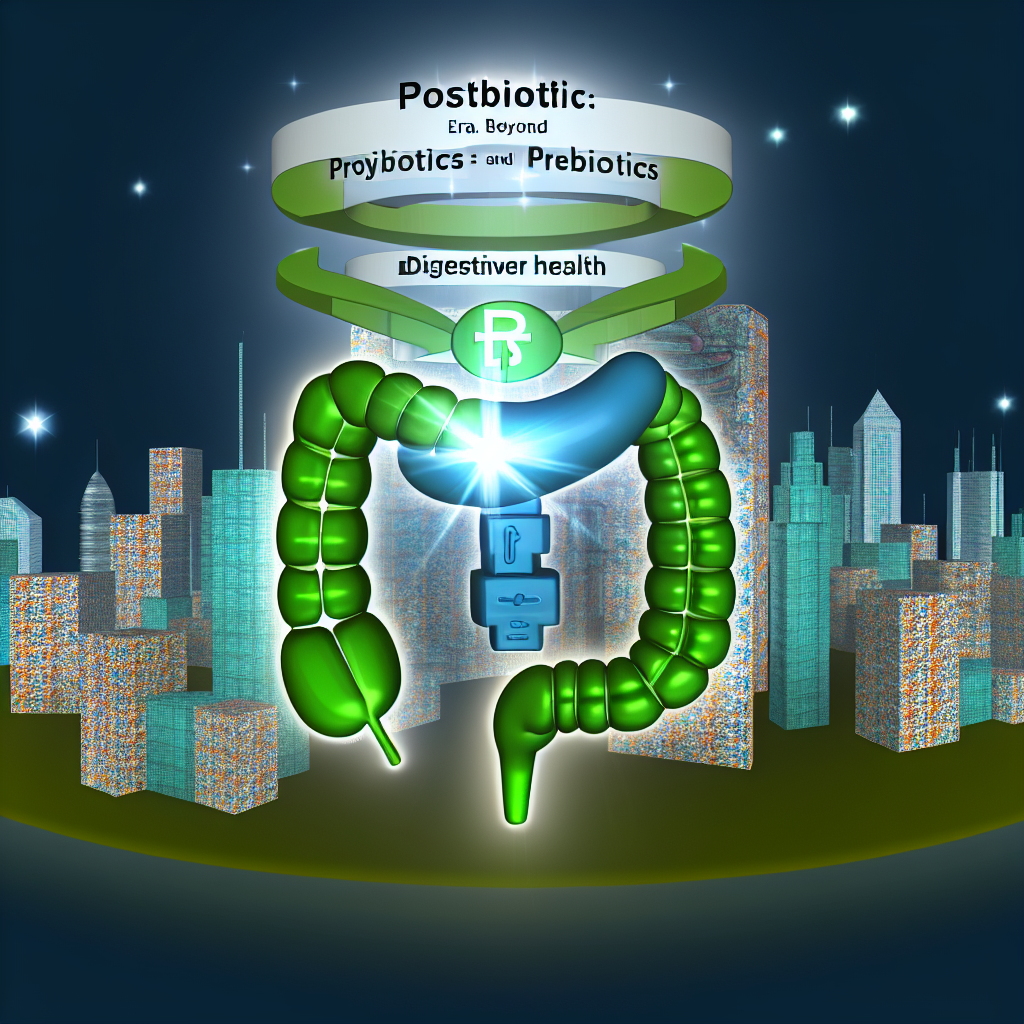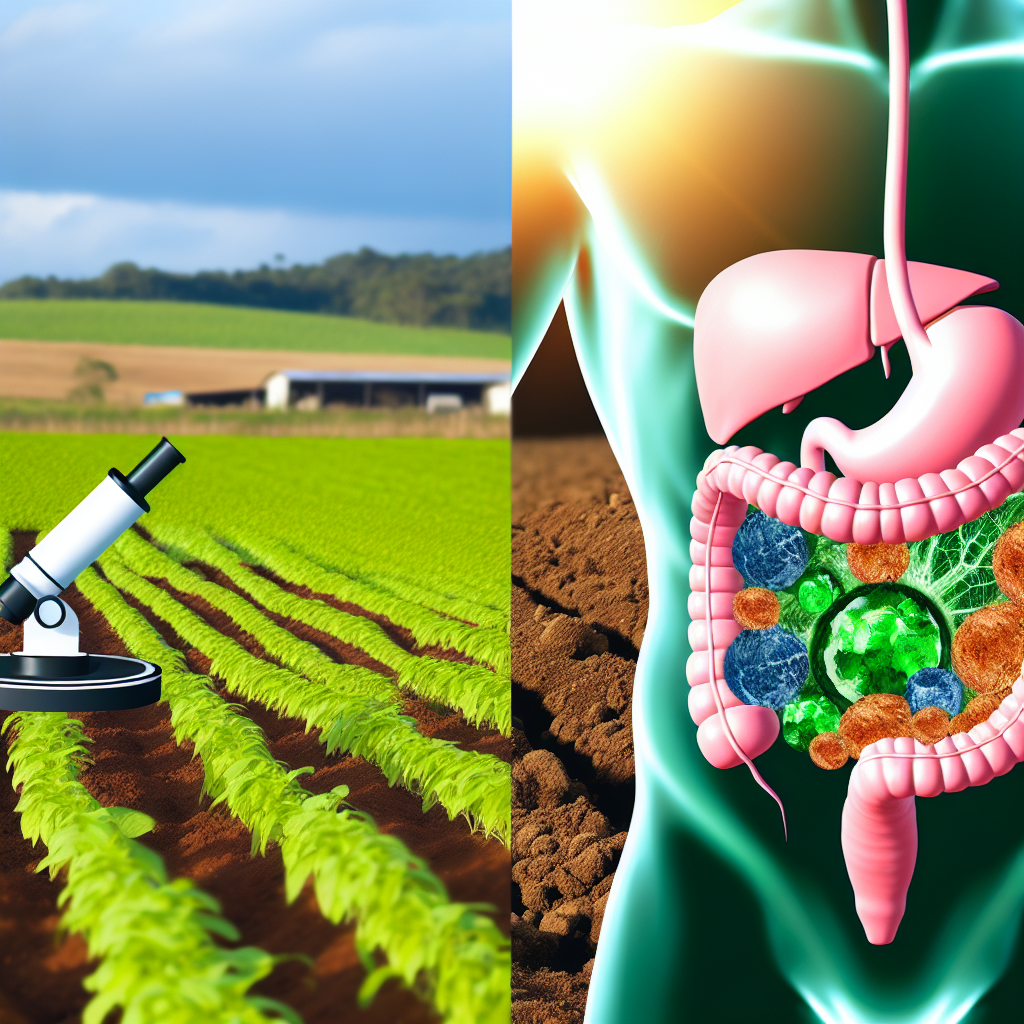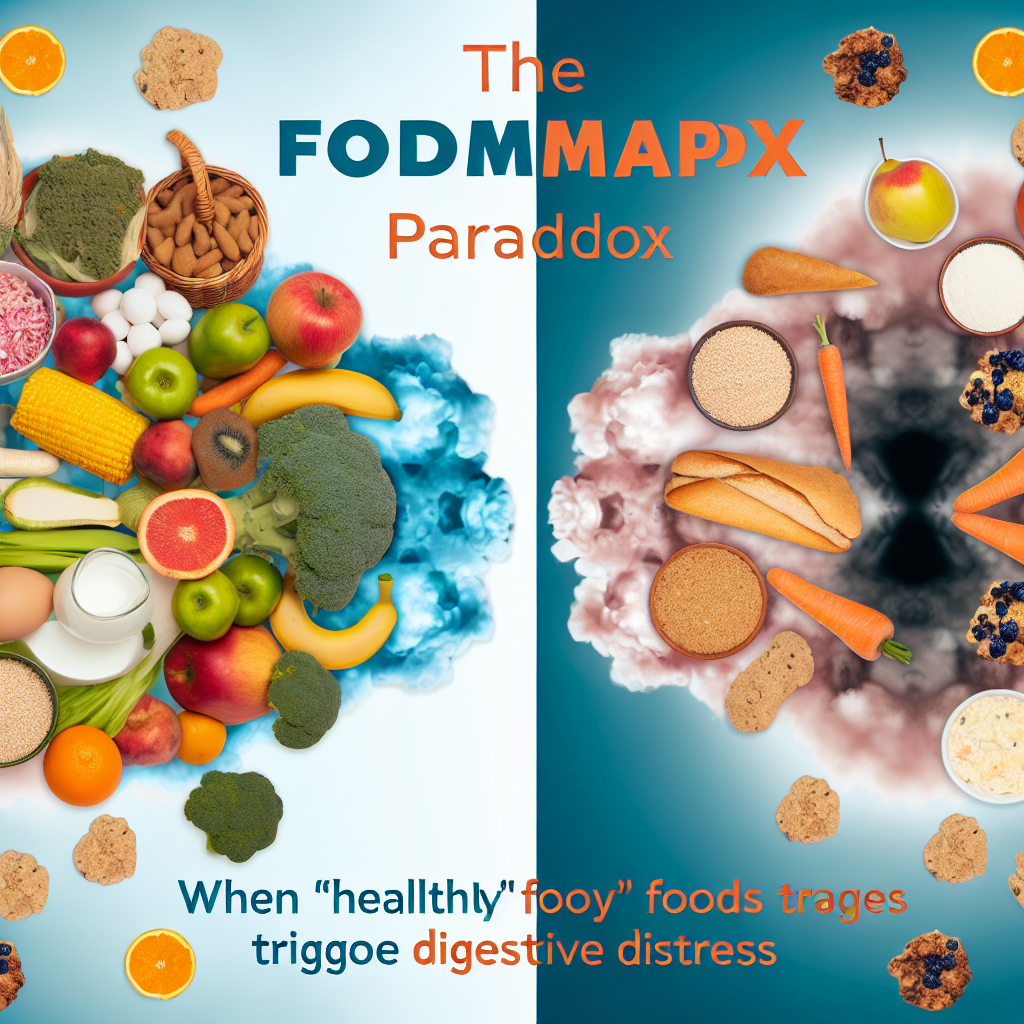# The Postbiotic Era: Beyond Probiotics and Prebiotics in Digestive Health
Introduction: A New Frontier in Gut Health
For years, probiotics and prebiotics have dominated discussions about gut health. From yogurt with live cultures to dietary fiber supplements, we’ve been told that nourishing our gut microbiome is the key to better digestion, immunity, and overall wellness. But as research in microbiology advances, a new player has emerged in the world of digestive health—postbiotics.
Postbiotics represent a cutting-edge development in the understanding of gut health, bridging the gap between probiotics and their health benefits. Unlike probiotics, which are live microorganisms that support gut flora, postbiotics refer to the bioactive compounds produced during bacterial fermentation in the gut. These compounds include peptides, short-chain fatty acids (SCFAs), enzymes, and other metabolic byproducts that provide therapeutic advantages, even in the absence of live bacterial cells.
Recent studies show that postbiotics can exert powerful effects on the gastrointestinal system, immune response, and even neurological function. Unlike probiotics, which require specific conditions to survive in the digestive tract, postbiotics are already biologically active, meaning they can deliver their benefits without the risk of degradation. This stability makes them an attractive option for supplement formulations, functional foods, and even medical applications.
As consumers become more conscious of gut health, the focus is shifting toward more reliable and effective digestive aids. The postbiotic era brings exciting possibilities for people struggling with digestive ailments, autoimmune conditions, and metabolic disorders. Instead of relying purely on introducing more bacteria into the gut, postbiotics deliver ready-to-use compounds that exert direct health benefits, reducing inflammation, strengthening gut barrier function, and supporting immunity.
Understanding this next step in the evolution of gut health can empower individuals to make informed dietary choices, incorporating postbiotic-rich foods and supplements in their wellness routines. This article explores the science behind postbiotics, highlights key medical studies validating their role in digestive wellness, and provides insight into how postbiotics can revolutionize gut health for future generations.
The Science Behind Postbiotics: How They Work
Postbiotics have captured the attention of the scientific community, with numerous studies investigating their health benefits. One groundbreaking study published in *Nutrients* explored how postbiotic compounds, particularly short-chain fatty acids (SCFAs) like butyrate, propionate, and acetate, help reduce intestinal inflammation and strengthen the gut barrier. The study found that these SCFAs promote mucosal integrity, preventing harmful bacteria from entering the bloodstream while also enhancing immune response ([source](https://www.mdpi.com/2072-6643/13/3/934)).
Boosting Immunity: Postbiotics and Inflammation Control
Another study published in *Frontiers in Microbiology* highlighted the immune-modulating effects of postbiotics. The research demonstrated that postbiotic peptides could enhance the production of anti-inflammatory cytokines while simultaneously suppressing pro-inflammatory markers. This suggests that postbiotics could play a significant role in supporting immune function, particularly for individuals with autoimmune disorders and chronic inflammation ([source](https://www.frontiersin.org/articles/10.3389/fmicb.2021.718473/full)).
Metabolic Health Benefits: Managing Obesity and Diabetes
A growing body of evidence also points to the role of postbiotics in metabolic health. A 2021 study in *Nutrients* examined how SCFAs influence energy metabolism and insulin sensitivity, providing potential applications for managing obesity and type 2 diabetes. The study found that individuals consuming postbiotic-rich diets displayed improved glucose metabolism and a reduced risk of insulin resistance ([source](https://www.mdpi.com/2072-6643/13/8/2652)).
The Gut-Brain Axis: Can Postbiotics Improve Mental Health?
Emerging research suggests that postbiotics may contribute to mental health through the gut-brain axis. A study in *Brain, Behavior, and Immunity* indicated that fermentation-derived postbiotics play a role in modulating neurotransmitter activity, helping to reduce levels of anxiety and depression. Researchers propose that postbiotics like butyrate can influence serotonin production and reduce systemic inflammation, which is often linked to mood disorders ([source](https://www.sciencedirect.com/science/article/pii/S0889159119304111)).
Why Postbiotics Are More Effective Than Probiotics
With growing clinical support, postbiotics present a promising alternative for individuals seeking effective, stable, and reliable digestive health solutions. Unlike probiotics, which require careful storage and may lose viability before reaching the gut, postbiotics ensure the delivery of beneficial metabolites without the risk of degradation.
Conclusion: The Future of Gut Health is Here
The postbiotic era signals a new frontier in digestive health, shifting the focus from simply feeding or replenishing gut microbes to harnessing their bioactive byproducts for therapeutic benefits. Armed with scientific backing, postbiotics hold tremendous potential for improving gut barrier function, modulating immunity, balancing metabolism, and even supporting mental well-being.
As the benefits of postbiotics become more widely recognized, they will likely play an instrumental role in shaping future nutritional strategies. Incorporating postbiotic-rich foods like fermented vegetables, kimchi, miso, and specialized supplements can provide long-term health advantages without the instability of live probiotics. Health-conscious individuals seeking more effective digestive and immune support should consider adding postbiotics to their daily regimen.
As research continues to uncover the vast potential of postbiotics, they may soon become as integral to health discussions as probiotics and prebiotics once were. For those seeking natural and scientifically supported approaches to digestive health, the postbiotic revolution is just beginning.
**Summary:**
The postbiotic era represents a new frontier in gut health, moving beyond the reliance on probiotics and prebiotics. Postbiotics are the bioactive compounds produced during bacterial fermentation, offering therapeutic advantages without the need for live microorganisms. Extensive research has demonstrated the powerful effects of postbiotics on reducing inflammation, strengthening the gut barrier, modulating immunity, and even supporting mental well-being. As consumers become more conscious of gut health, postbiotics present a stable and effective solution for addressing a wide range of digestive and metabolic concerns, making them a promising addition to future nutritional strategies.
**References:**
1. MDPI Nutrients: [Short-Chain Fatty Acids and Intestinal Health](https://www.mdpi.com/2072-6643/13/3/934)
2. Frontiers in Microbiology: [Immune-modulating Effects of Postbiotics](https://www.frontiersin.org/articles/10.3389/fmicb.2021.718473/full)
3. MDPI Nutrients: [SCFAs and Metabolic Health](https://www.mdpi.com/2072-6643/13/8/2652)
4. Brain, Behavior, and Immunity: [Gut-Brain Axis and Postbiotics](https://www.sciencedirect.com/science/article/pii/S0889159119304111)

Dominic E. is a passionate filmmaker navigating the exciting intersection of art and science. By day, he delves into the complexities of the human body as a full-time medical writer, meticulously translating intricate medical concepts into accessible and engaging narratives. By night, he explores the boundless realm of cinematic storytelling, crafting narratives that evoke emotion and challenge perspectives.
Film Student and Full-time Medical Writer for ContentVendor.com




